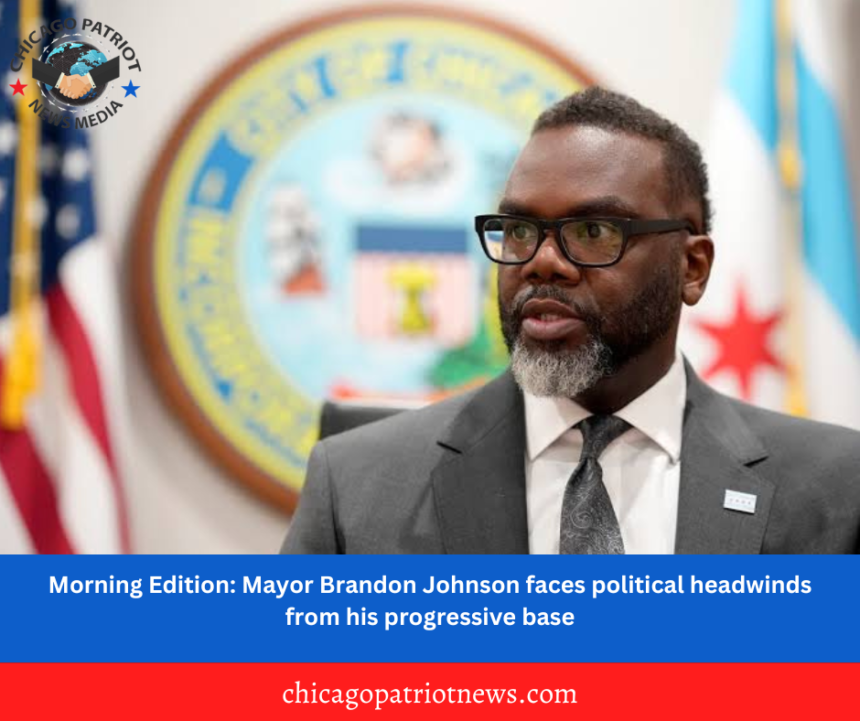Chicago – October 22, 2024
When Mayor Brandon Johnson honored the Rev. Jesse Jackson with a key to the city earlier this month, he made a point to remind the audience of his own battle inside City Hall.
“So now, with the power that the people of Chicago gave me — OK, I’mma say that one more time, because apparently there’s some people who are confused about the power that I have,” he said, to chortles from Jackson’s assembled family, friends and fans.
Johnson was nodding to the widening fallout from his administration’s tug-of-war for control of Chicago Public Schools, which landed him a rebuke from a whopping 41 out of 50 aldermen, including a majority of the Progressive Caucus, which has been his staunchest bloc of City Council allies.
However, if the mayor was troubled, he did not betray it during the celebration that in some ways mirrored the scene at a testy news conference he’d held the previous day announcing six new Chicago Board of Education members.
In both, he surrounded himself with friendly Black clergy and politicos. The son of pastors, Johnson is at home in church, and the scenes suggested he may be working to strengthen his African American base in order to make up for weakening political support elsewhere.
And Johnson appeared more and more comfortable playing the role of a mayor who, under fire from once-friends and foes alike, was doubling down on the message that he alone stands at the bully pulpit of the mayor’s office. “There’s a few people that somehow forgot there was a whole election that gave me the power to transform this city,” he said before handing Jackson the ceremonial key.
Those standing in the way of that power, however, may no longer just be moderates and conservatives but also his leftist base that ushered him into office. Recent steps by political allies to break with the Johnson administration could portend his toughest hurdle yet as he presides over an increasingly emboldened council where his path to 26 votes often hinges on progressive support.






